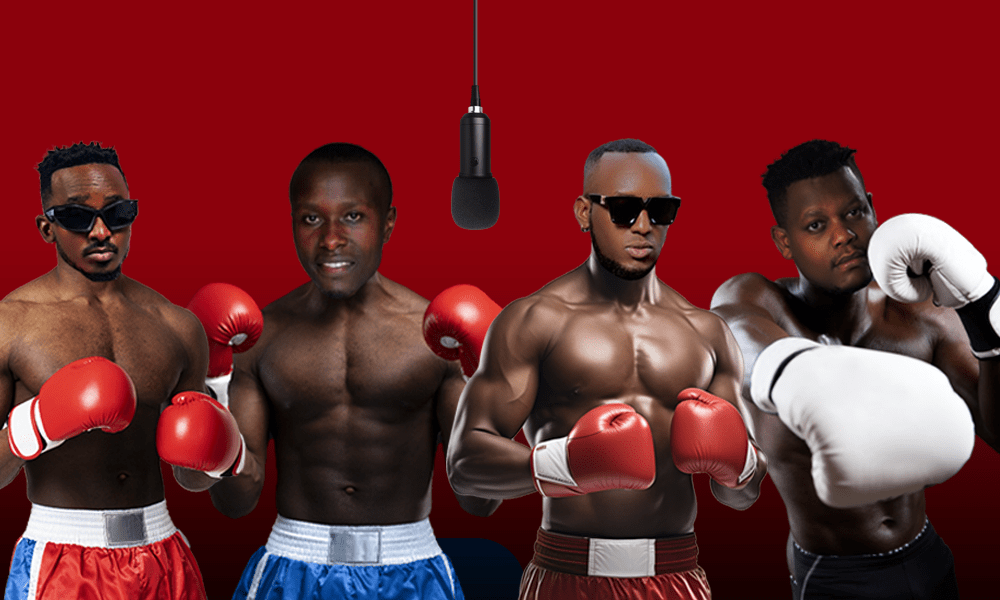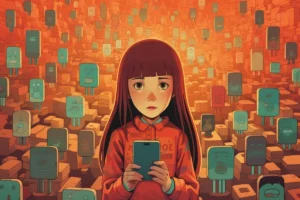The Rise of Social Media Conflicts
Hatred among social media users is increasing daily. People attack each other, spread rumors, and break trust. Public fights between artists and celebrities have become common. They insult one another, share private videos, and even issue threats of violence.
These individuals have many followers. They use their fans to gain influence and believe their follower count gives them power. Critics face retaliation, often having their past mistakes exposed. This behavior mirrors political battles.
Escalation in the Entertainment Industry
A group called Aba-Big Energy recently supported Yago amidst rumors of tension involving The Ben and Bruce Melodie. What seemed like entertainment escalated quickly. The Ben expressed concern, saying, “It’s time for our music to be saved.”
These conflicts have hurt many people. Observers now question the Rwanda Investigation Bureau’s (RIB) role in addressing such matters. For a long time, the entertainment industry remained silent. Some argue that these disputes are just for show, while others see them as serious issues.
Fear and Intimidation Among Artists
Fear has gripped some individuals involved in these conflicts. Some consider leaving the country, while others spy on colleagues to find damaging evidence. The RIB is investigating if crimes are being committed. Often, the absence of visible crimes leads people to ignore these issues.
The situation has worsened, with explicit content being shared. Such actions cross the line from entertainment to harmful behavior, raising questions about legality and ethics. Ethnic tensions have also emerged, threatening Rwanda’s unity.
Addressing Social Media Chaos
A significant issue is the lack of regulation for YouTube users. While journalists in traditional media face accountability, content creators on YouTube spread chaos unchecked. Social media influencers must hold themselves accountable. The RIB should enforce laws to prevent harmful actions.
If no action is taken, these issues may spiral out of control. Unregulated behavior could lead to violence or worse.
The Impact of Online Bullying
Online bullying has severe mental health consequences. Research shows victims of cyberbullying are twice as likely to consider suicide. In the U.S., 13.6% of affected youth have attempted suicide. The World Health Organization reports that suicide is a leading cause of death among young people, with online bullying playing a significant role.
In 2017, a UK study revealed 7% of children aged 12-20 attempted suicide because of online bullying. This issue requires urgent attention and action.














Post Comment